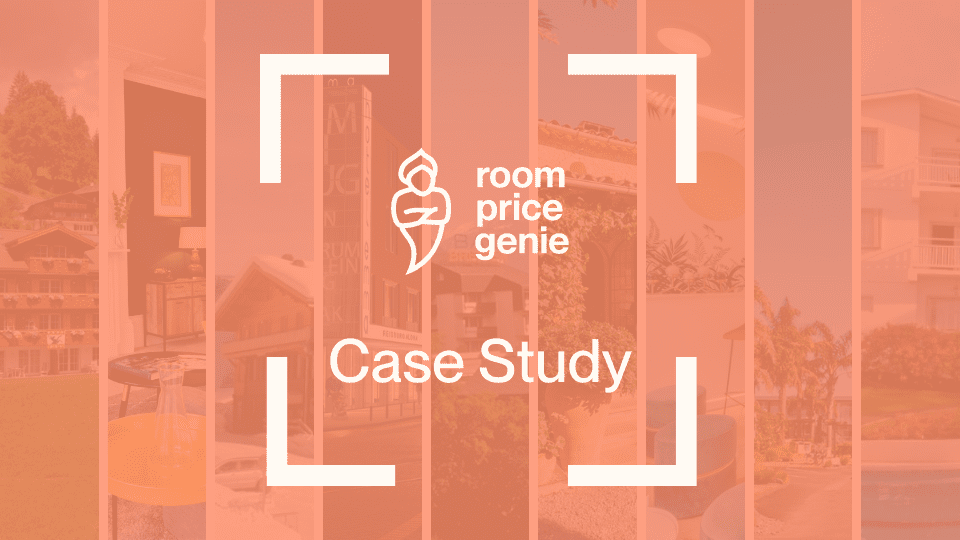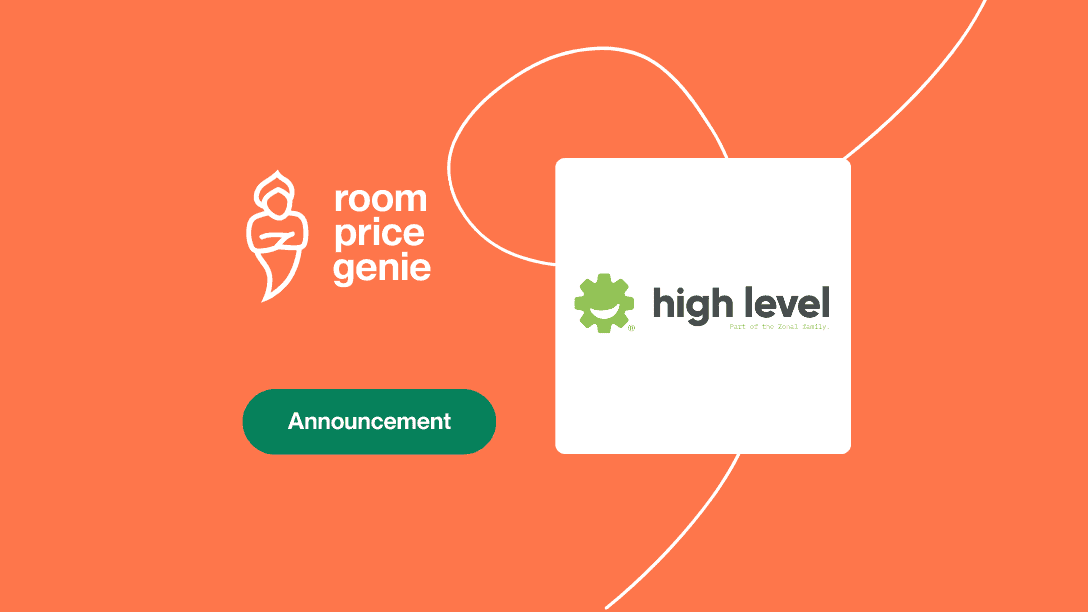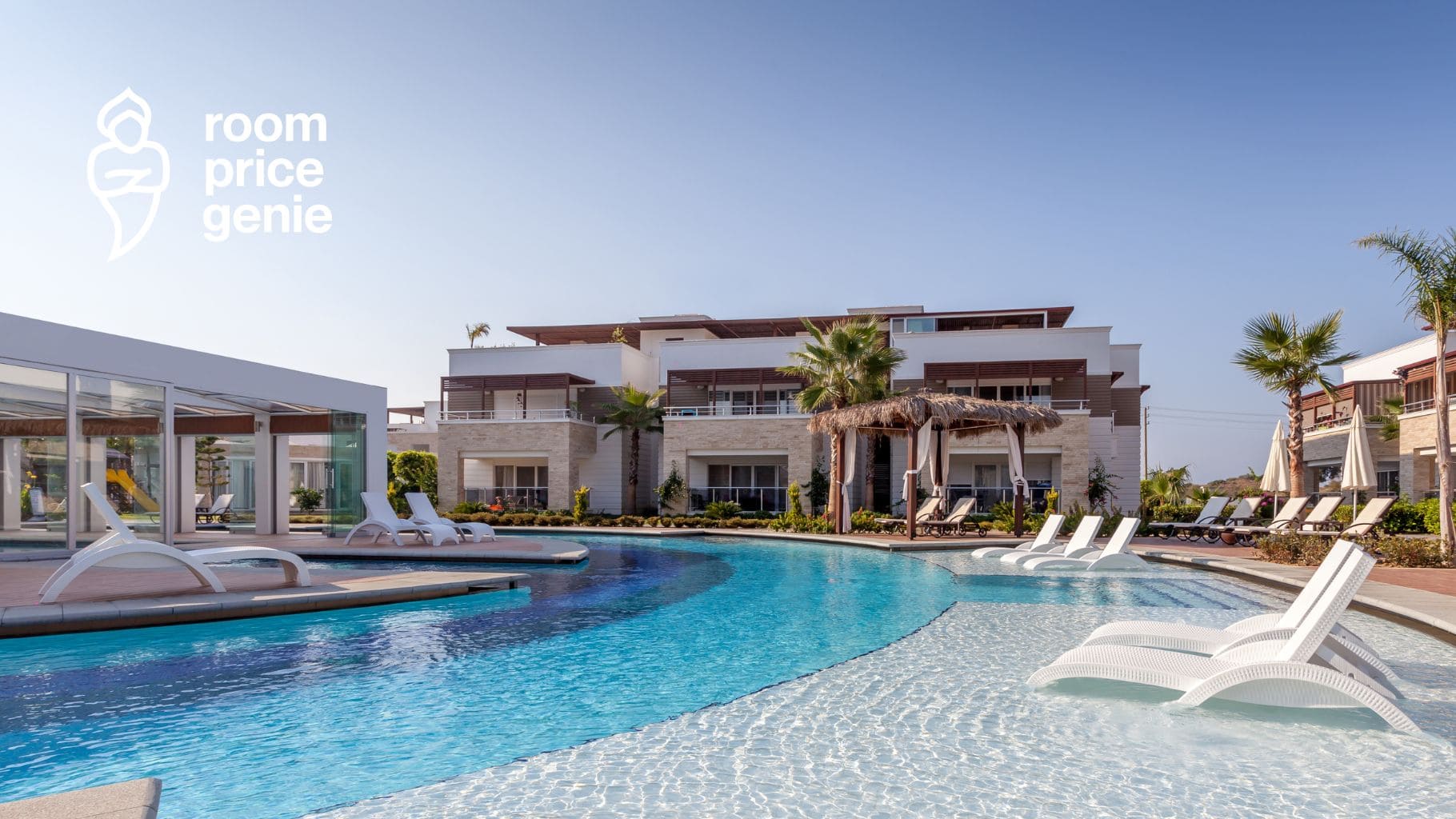The importance of revenue management
Revenue Management is an extremely important subject for all hotels; large and small. The difference between a hotel that carefully manages its revenue and one that does nothing could be as much as 20% of revenue per year. Since most hotel costs are fixed, this means a huge difference in profit.
Smaller hotels often overlook the importance of revenue management on account of not having the budget or resourses to fully address the needs of their hotel. But ignoring revenue management means you are failing to reap the rewards you deserve. This is usually because the hotels around you that are concentrating their efforts on revenue management are taking customers from you.
As a smaller hotel, you may well look at the huge teams of people and databases used by larger hotels in revenue management and think “we couldn’t possibly do this”. And frankly, you’d be right. The solutions that fit big hotels with big internal data are not right for you. You need a tailored solution.
Most importantly, as a small hotel, you’ve got a few advantages over your larger counterparts that mean you can compete with the best on a fraction of the budget.
So, what are the differences?
Brutal honesty time: smaller hotels simply do not have the money to invest in complex, sophisticated and very expensive revenue management software. Simply put, you have fewer rooms and lower revenue to start with. It is more likely that investing in such costly software would just eat into the profits made from using the system in the first place.
Not to mention most of these systems require big quantities of internal data that, as a small hotel, you don’t have. So not only would you be paying above and bound your reasonable affordability, but you wouldn’t have the data to support it.
As a smaller hotel, you want a system that does 95% of the job for 10% of the price. Enter RoomPriceGenie. We charge from $49 for our revenue management software and, in a recent case study, seen an average revenue increase of 22%.
So whilst, as a smaller hotel, you may not have access to vast internal data that can be input into an extremely sophisticated revenue management system, you do still have options when it comes to revenue management software and keeping your hotel in competition with your market.
2. Hiring a revenue manager
Larger hotels with larger revenue have the available income to fund a full-time, in-house revenue manager. Someone that is responsible for the overseeing of the data and forecasting. The revenue manager can oversee complex rate plans, promotions andmake sure that the strategy is right.
A machine can’t do it all and having a human employee on board to make judgements based not only on numbers, but also experience and personal instinct ensures there is an extra layer of safety and opinion involved in the processes of revenue management.
As a smaller hotel, you will generally not have the funds for such a role. But also with less revenue comes less scope for improvement. You don’t really need a revenue manager, but will need to make sure that your pricing is right as that part gives the biggest benefit for lowest cost.
3. Simplicity
With an in-house revenue manager comes a large amount of experience. These people are experts in their field and have been honing their skills for years. They can use their expertise in revenue management as well complex software that offers hundred of different options to create plan tailor made for the needs of their hotel.
The same level of understanding is not always readily available to smaller hotels. You need a solution that is easy to understand and requires minimal input. It’s really about trying to get the biggest benefit from the smallest amount of work.
A solution created for the smaller hotel is one that offers a simple, user-friendly interface whilst requiring minimal time and effort to run. Competing with the larger hotels isn’t simply a case of copying their techniques, but instead finding your own unique path that reaps similar benefits without the same level of demand.
4. Integration
It’s all good and well finding a solution that works for you in theory, but putting that into practice is an entirely different matter. Where larger hotels have property management systems (PMS) that have integrations to revenue management systems built in, many smaller hotels are on older less flexible systems. Historically smaller htoels could not have access to software that would help with pricing.
However, there are now many new cloud-based property management systems that are within the budget of smaller hotels. Having an open PMS is important for many aspects of running a successful hotel and the revenue management is one of these.
5. Personal service
Obviously, everyone likes a personal service – whether you’re large or small, having the help and support of a personal team can be invaluable to your business. Unfortunately, when it comes down to it, the larger the company the less personal your service becomes. Large PMS and revenue management systems that deal with thousands of clients everyday just can’t offer the level of personal support a small hotel needs.
Fortunately, with RoomPriceGenie, smaller hotels can benefit from a service that is about more than just our software itself. Our team aim to offer help with every aspect of your revenue management, not just your room pricing. We are here for your continued success and that doesn’t end with software…make the most out of the personalised support that can be offered to small to medium sized hotels and book in for a demo now.
6. Changes in pricing for small hotels do not affect their competitors prices
The number of visitors to any given area on any given day is relatively fixed. For example, if the average price of a 3* hotel in Bournemouth is £84 instead of £89 it doesn’t suddenly attract a boat load more visitors to the area.
So that’s to say that the amount of potential custom is fixed. If however, as an individual hotel, you are charging £84 a night whilst your competitor charges £89, then you will in fact take business from them. So as you can see, the number of visitors may be fixed but your ability to make the most out of their availability is not. You have flexibility over your pricing, to the extent that could make a huge difference to your hotel.
Larger hotels, on the other hand, have to be a bit more careful. You may well price your rooms at £84 a night to pull customers away from your £89 a night rival, but very quickly, as is the nature with large, revenue managed hotels, they will see you charging less and reduce their price to £84 too. Then you’re in the silly situation where both of you are charging less and less and neither of you have anymore customers. It’s a slippery slope of competition-based pricing.
In reality, the only hotels they will be taking customers from are the smaller hotels that aren’t paying attention to local prices…and this could well be you.
But fear not, as far as the larger hotels are concerned, your 15-room place in town is relatively inconsequential. You can fly completely under the radar and undercut the larger hotels in a way they simply can’t. You can be using their prices to attract your own customers.
7. You can use their revenue manager for free
Now we’ve never been one to let money get in the way of a good time…and in our world that means that just because you can’t afford your own revenue manager, doesn’t mean you can’t have one.
Let the large hotel revenue manager do the work you. Because they will be looking at local events coming up in the future, scanning weather reports to see when the sun is going to return, checking flight patterns and traffic updates. With so many beds to sell, they’ll have a clear idea of the demand in your area as well as knowledge of all the factors mentioned above.
With all this information, they are able to make complex calculations and judgements that will all get reflected in just one number – their price. Simply by taking note of your larger counterparts price changes, you have access to a wealth of knowledge without even lifting a finger. Best of all? They can’t hide it..it’s right there on their website.
So in this way, small hotels can have revenue managers too – just one they don’t have to pay for.
Conclusion
It may feel like there’s a world of difference between revenue management use in small and large hotels… but here are ways to use your size to your advantage. Find the right tools and tactics for you and your business and you’ll be well on your way to making the most of your niche.
Why not try us out, and see how we can help you make the most of your property?








